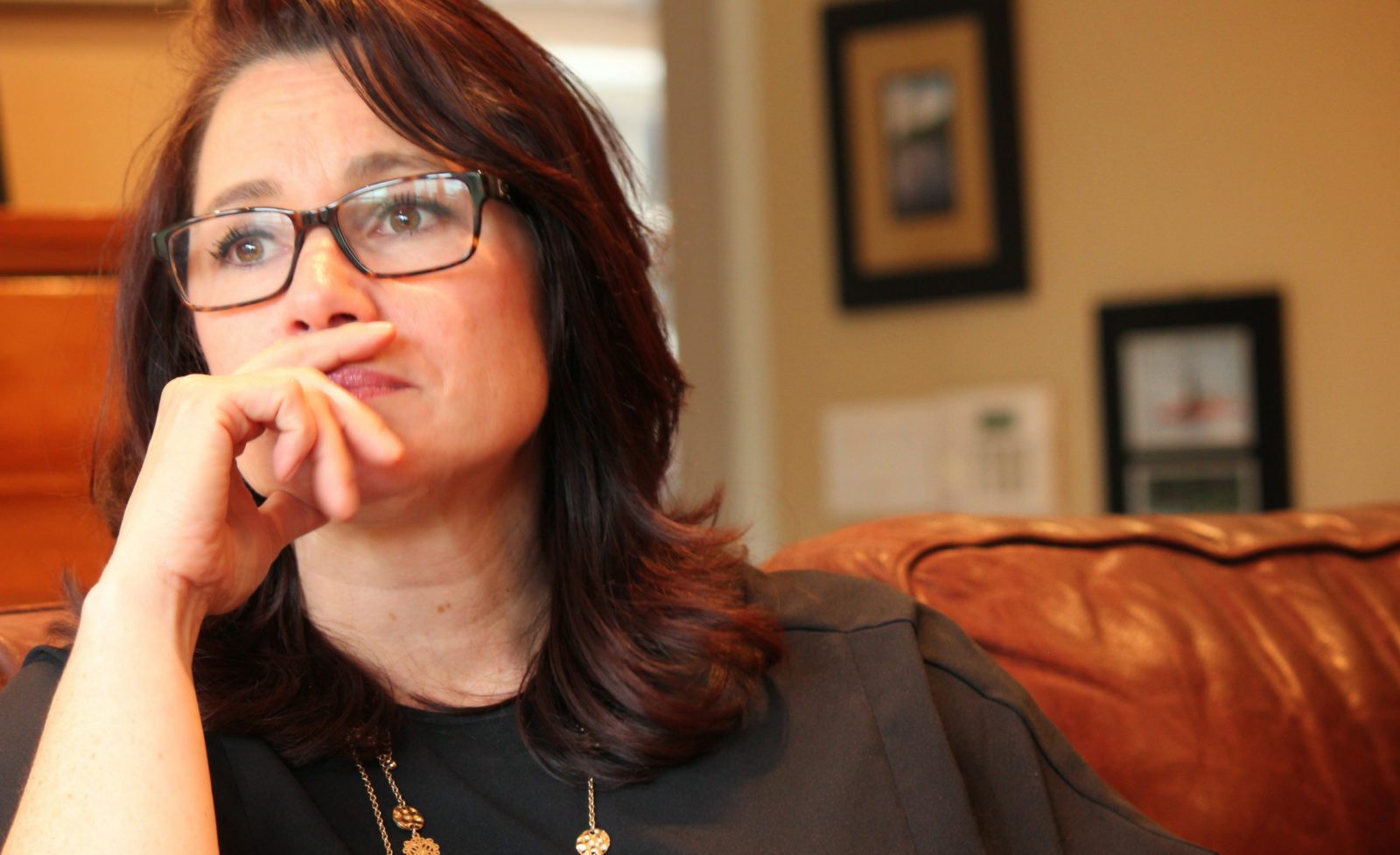nurses
Should registered nurses prescribe drugs?
Karen DP
Luc M
It’s not just about you – screw the flu!

The Ontario Nurses Association (ONA) recently won an arbitration against Sault Area Hospital striking down their ‘vaccinate-or-mask’ policy. The arbitrator Jim Hayes found the policy was unreasonable, and a “coercive” tool to force heath-care workers to get a flu shot. While this decision is only binding to Sault Area Hospital, many hospitals across Ontario will …
Sue T
Lorna
Many hospitals don’t do enough to support health workers after an adverse event

The boy stopped breathing. That morning, he had been admitted with what seemed like a seizure to the emergency room at IWK Health Centre in Halifax. He had been given drugs to stop the seizure. Katrina Hurley, an emergency doctor just starting her night shift and taking over the case, thought the boy was over-sedated …
Culture of bullying: what can medicine learn from the Ghomeshi report?

When people learn that I pivoted from broadcast journalism to health care, they are rightly surprised: the two fields don’t seem to have a lot in common. But in my experience, they share at least this: both occasionally celebrate a culture of blame, celebrity and an eat-your-young mentality that fosters fear, undermines team work and …
Nurses can and will care for Ebola patients

Ontario registered nurses have a limited right to refuse unsafe work under the province’s Occupational Health and Safety Act. Still, the question remains: will nurses refuse to care for Ebola patients should we ever be faced with that scenario? As President of the Ontario Nurses’ Association (ONA), the largest nurses’ union in Canada, I can …
Do health care workers have a duty to treat Ebola victims?

Every decade or so, a new or exotic infectious disease boards a flight and lands at a Western hospital, and suddenly ethical questions of risks to health care workers and “duty to treat” are front and centre. In the 1980’s and 90’s it was HIV/AIDS. In 2003 it was SARS. Today it’s Ebola. There is no question the …
Physician Assistant regulation: can nurses’ unions have it both ways?

Physician Assistants are “handmaids” to doctors. PAs were “created by physicians” who were frustrated that nurses no longer tolerate being ordered around by MDs. And that’s just a taste of the negative reaction from some nurses to a recent Healthy Debate article on integration of physician assistants in Canada. I found it disheartening, but not …
Integrating Physician Assistants in Canada

After several decades working in the Canadian military, Physician Assistants (PAs) are being introduced into provincial health care systems. This year, Alberta launched a two-year demonstration project to integrate PAs into selected clinical practices. About a decade ago ago, PAs were introduced in Manitoba and Ontario. In Ontario, PAs were part of Ontario’s broader health human resources …
Decades of restructuring hurts morale of Alberta’s health care professionals

This is the second of a two-part series on Alberta’s health care restructuring. This article examines the impact of constant change at the highest levels of administration on those who work within the health care system. Alberta Health Services (AHS) is the largest health care delivery organization in Canada. AHS provides health care to nearly …
Evidence-based hospital nurse staffing: the challenges
Have investments in interprofessional education led to changes in practice?

As part of the 2003 Health Accord, the Federal Government made major investments in interprofessional education. This included contributing $28 million dollars to build training centres across Canadian colleges and universities. Investing in interprofessional education was motivated by the belief that changing the way health care professionals work together would be a key part of …
Why nurses are the way of the future

Our health care system is based on an on-demand model of physicians and hospitals providing acute and episodic care. While this system works well for the vast majority of citizens, it is a poor match for many of those with chronic diseases. As a nurse and an academic, my particular interest is examining how health …
Lower pay hampers nurse practitioner recruitment in primary care

Nurse practitioners are a key plank of government efforts to improve access to primary care. However, a continuing gap in pay and benefits for nurse practitioners who choose to work in primary care compared to those who work in hospitals, limits recruitment and retention to community settings. From a zippy online campaign to an economist-authored …
Clearing up the confusion: are nurse practitioners an appropriate primary care solution?
Recently there have been comments on this website and in other forums about nurse practitioners in the health care system and how we are not really an appropriate solution to primary care shortages for a whole bunch of reasons. While debate is usually healthy, the problem here is that many of the rationales given for …
Tinkering at the margins of primary care
Ontario’s Minister of Health is promising that people will soon have more timely access to their family physicians. The province’s 200 family health teams will come under the control of Ontario’s 14 local health integration networks (LHINs), the regional authorities that currently oversee the system. The goal is to give citizens speedier access to primary …






